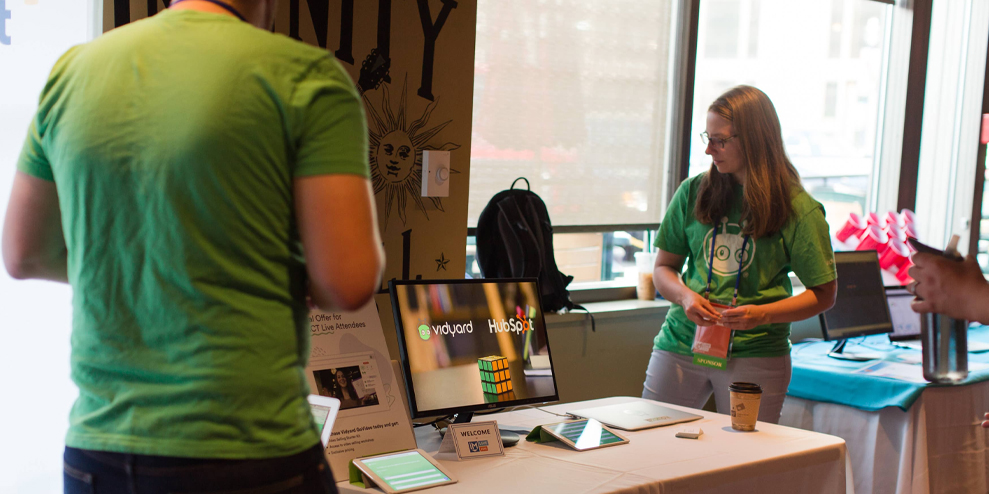Sports fans categorise brands as having different “personalities”, and understanding these perceptions can help marketers enhance their sponsorship strategies, according to a study published in the Journal of Advertising Research (JAR).
Why it matters
Sponsorship is a comparatively expensive approach, but proving its impact is frequently a challenge. Knowing how consumers evaluate brand sponsors over time can help marketers in determining the return on investment from this activity.
The key learnings
Lane Wakefield, Kirk Wakefield (both from Baylor University), Kevin Lane Keller (Dartmouth College) and Anne Rivers (basc partners) discussed this topic in a paper entitled, Are brands wasting money on sport sponsorships? A new look at brand personality, brand equity, and official sponsorship effects.
And, based on the views of the fans of Major League Baseball, they found:
- Fans typically categorise brands as having “fun–friendly–social” personalities and “traditional–reliable–straightforward” personalities.
- All brands are a “mix of each dimension”, but only 16.8% perform highly on both metrics.
- Brands with “strong fun–friendly–social personalities” often waste money on sponsorships, with expenditure of more than $30 million being “associated with weaker differentiation”, and spend over $55 million faring “little or no better” in this regard.
- Marketers with strong “traditional–reliable–straightforward personalities” that spend between $60 million and $85 million on sponsorships do not have meaningfully higher brand equity positions than counterparts spending less than $20 million on sponsoring rights.
High spend does not equal high differentiation
Another key insight: “Brands capable of spending at the highest levels of both sponsorships and advertising benefit from high relevance, esteem, and knowledge, but they often suffer from relatively low brand differentiation,” the study said.
Methodology
- The study used data from the BrandAsset Valuator, a resource owned by consulting group BAV Group, as the basis of its results.
- The first round of analysis featured 58,286 observations from lapsed, occasional and active fans of Major League Baseball (MLB), covering the period from 2011 to 2016, and looked at 200 advertisers in 20 categories, including MLB sponsors and non-sponsors.
- A second round of analysis used the “fun–friendly–social” and “traditional–reliable–straightforward” levels among its independent variables (that is, variables not depending on another variable in the experiment), while brand differentiation, relevance, esteem and knowledge were some of the dependent variables (that is, shaped in some way by the independent variables).
Brand categories and fan types were other independent variables, while brand usage, adspend and sponsorship spend were also addressed.
Alongside determining whether a brand was a Major League Baseball sponsor (and, if so, for how long) this element of the study featured sponsorship of the National Basketball Association, National Football League and National Hockey League in its considerations.
- The third round of analysis focused on brand differentiation, relevance, esteem and knowledge as dependent variables.
Expenditure for sponsorship and advertising were incorporated in this stage of analysis, as were any of the major sports leagues that were sponsored by a brand, brand categories, fan types, market penetration and the “fun–friendly–social” and “traditional–reliable–straightforward” personality scores.


